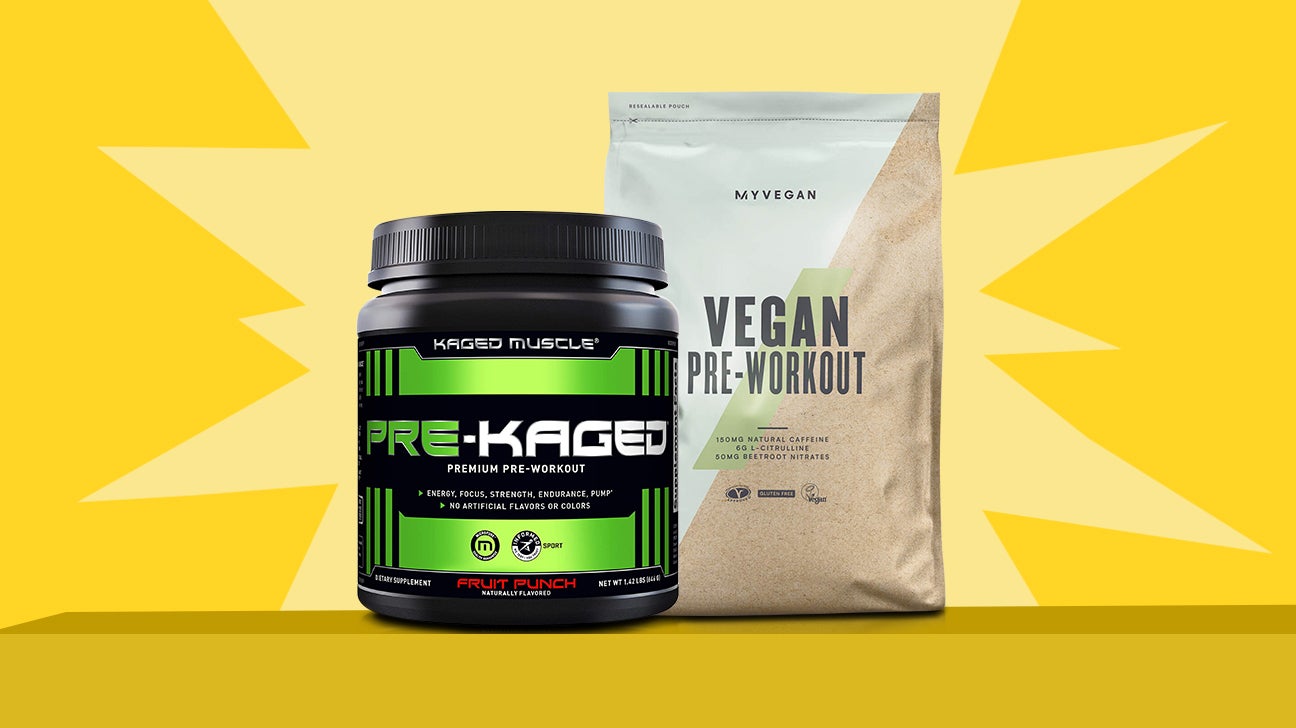Key Highlights
- Creatine is identified as the best single supplement to boost strength and performance.
- The recommended form is creatine monohydrate taken at 3-5 mg daily, with a loading phase of 20 mg per day for a week not being necessary.
- Experts highlight additional benefits like improved muscle recovery and cognitive function associated with creatine supplementation.
- While generally safe, creatine may not be suitable for those with kidney dysfunction.
The Case for Creatine in Workout Supplements
Creative is often hailed as the most effective workout supplement, backed by extensive research and endorsed by numerous fitness experts. According to Lena Beal, MS, RDN, LD, a cardiovascular dietitian at Piedmont Atlanta Hospital, “Decades of research show it safely and effectively boosts strength, muscle recovery, and high-intensity performance.” This makes creatine a standout choice among the myriad supplements available in the market.
How Creatine Works
Creatine functions by enhancing your muscles’ ability to regenerate adenosine triphosphate (ATP), their primary energy source. By doing so, it enables you to train harder, lift heavier, or run longer before feeling fatigued. This is particularly beneficial for high-intensity workouts where quick bursts of energy are crucial.
Additional Benefits and Expert Recommendations
Beyond its well-documented effects on strength and performance, creatine also offers other health benefits. For instance, studies have linked regular consumption to lower cholesterol levels, better blood sugar management, and enhanced cognitive function. These added advantages make it a valuable addition to any fitness regimen.
Notably, several experts recommend starting with 3-5 mg of creatine monohydrate daily, though some suggest an initial loading phase of 20 mg per day for one week.
However, research indicates that the lower daily dose is generally sufficient and easier on the digestive system. Dr. Shane Davis from Tufts Medical Center advises choosing products with third-party testing certifications like USP or NSF to ensure quality.
Choosing the Right Form
The most studied form of creatine is monohydrate, which has a robust evidence base supporting its use in both athletes and everyday exercisers. It’s important to note that while creatine is generally safe, it may not be appropriate for individuals with kidney dysfunction. Consulting a healthcare provider before starting any new supplement regimen is always advisable.
Conclusion
In conclusion, if you’re looking to enhance your workout performance and results through a single supplement, creatine monohydrate stands out as the top choice. Its safety profile, proven effectiveness in boosting strength and muscle recovery, along with additional cognitive benefits make it a compelling option for fitness enthusiasts of all levels.
Experts emphasize that while creatine is highly beneficial, optimizing your protein intake remains crucial. A registered dietitian like Kat Barefield recommends ensuring you meet your daily protein needs before considering supplements.
This foundational step ensures that any additional support from creatine can be maximized effectively.
The widespread endorsement of creatine by leading fitness and nutrition experts underscores its value as a go-to supplement for anyone serious about their workout regimen. As the industry continues to evolve, creatine’s position at the forefront of performance-enhancing supplements is likely to remain strong.

